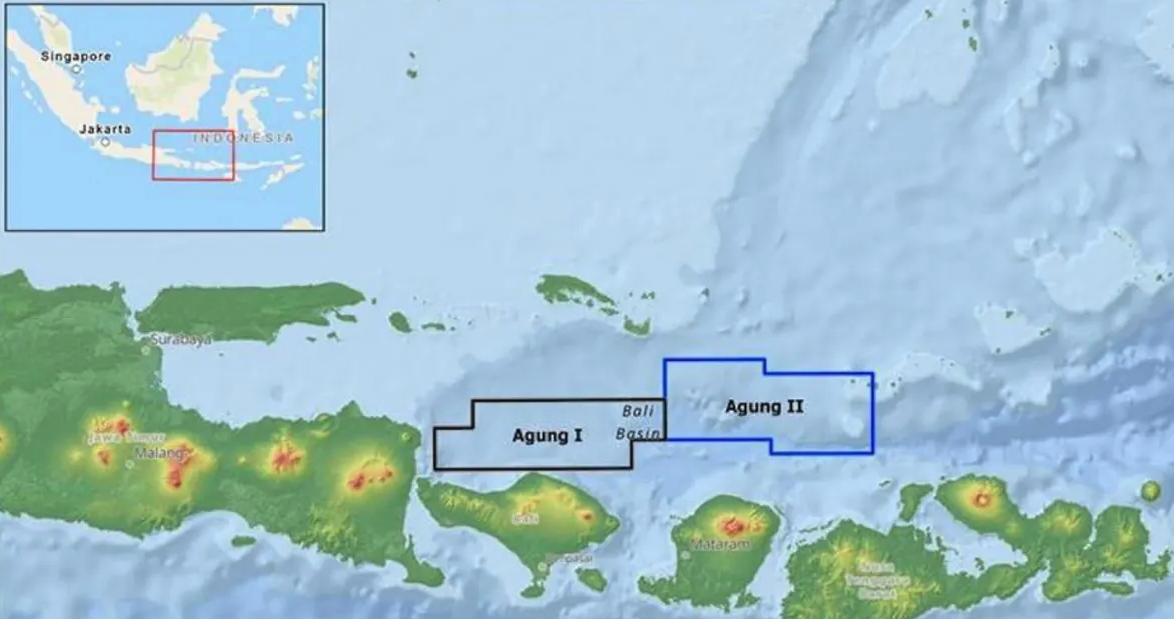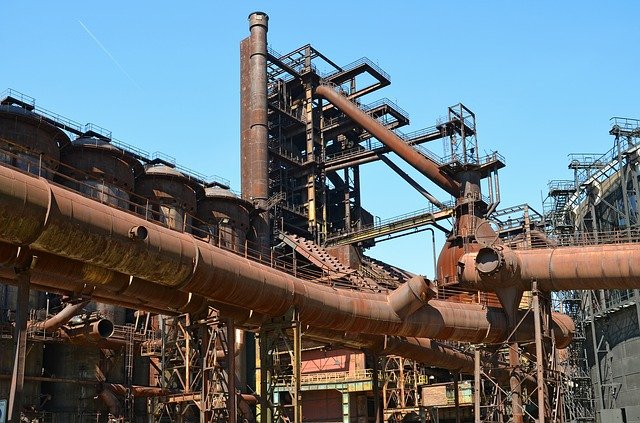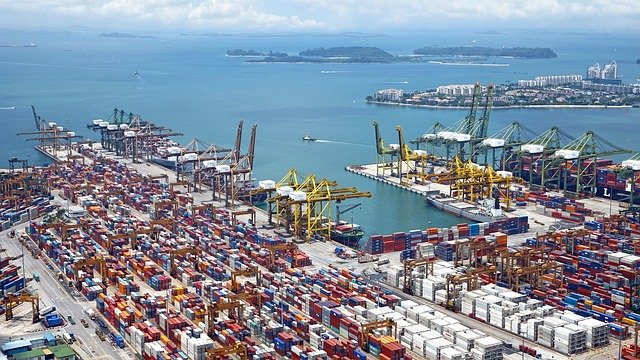Indonesia has succeeded in converting palm oil into aircraft fuel, which is named Bioavtur J2.four. This success was confirmed after conducting trials on the CN235-220 Flying Test Bed (FTB) aircraft on Monday (6/9/2021).
J2.four Bioavtur fuel is a mixed bioavtur fuel produced from raw material of 2.4% palm kernel oil or Refined Bleached Degummed Palm Kernel Oil (RBDPKO) using a catalyst. This is the product of the collaboration between the Bandung Institute of Technology (ITB) and PT Pertamina (Persero).
The national bioavtur program is run in a consortium consisting of the Bandung Institute of Technology (ITB), Bioenergy, PT GMF Aeroasia, PT Pertamina (Persero), DKPPU, IMAA, DPNPKS, Lemigas and PTDI, under the auspices of the Ministry of Energy & Mineral Resources (ESDM). ).
The floor check was carried out this morning for 20 minutes by the PTDI test team led by Captain Adi Budi at the PTDI Aircraft Services Apron Hangar, which was witnessed by the Expert Staff of the Minister of Energy and Mineral Resources for the Integration, Coordination and Interface of Oil & Gas, Nanang Untung and the Chief Researcher. ITB's catalyst, Subagyo, as well as PTDI's President Director, Elfien Goentoro and PTDI's Director of Commerce, Technology & Development, Gita Amperiawan.
The CN235-220 FTB aircraft filled with J2.four Bioavtur fuel is a vehicle for PTDI in conducting testing and development to the certification process for the new system before it is implemented on the customer's CN235-220 aircraft.
"With the trust given by the J2.four Bioavtur development consortium to use bioavtur fuel on the CN235-220 FTB aircraft, it is hoped that it can support the use of biofuels in the aerospace industry sector and can increase energy independence, especially the combination of the use of avtur and palm oil," PTDI's Director of Commerce, Technology & Development Gita Amperiawan said in a press release.
The implementation of the floor check is the last stage before the flight check is carried out. It is planned that there will be two flight checks in the second week of September 2021, before the plane is flown to Soekarno-Hatta Airport, Cengkareng on September 15, 2021.
"From the results of the tests that we just carried out, the first is the start engine on the right which uses the J2.four bioavtur, then followed by the start engine on the left which uses the Jet A1 aviation fuel, all of which are everyday without any abnormalities," he said.
Then his party conducted an electricity test with the first electricity being flight idle and gradually increased to most takeoff electricity. After that, the last thing is to evaluate the engine response during acceleration and deceleration. This was followed by a rapid change from most electricity to flight idle followed by slamming to most electricity.
"From all the checks carried out, the engine response is all everyday and there is no visible difference compared to when using Avtur fuel," explained Captain Adi Budi.
The results of the floor check and flight check tests for the CN235-220 FTB turboprop aircraft using Bioavtur J2.four will then become important information and input for authorities in Indonesia, in this case the Directorate of Airworthiness and Aircraft Operations (DKPPU) of the Directorate General of Civil Aviation and Indonesian Military Airworthiness Authority (IMAA).
This effort to implement bioavtur will certainly have a positive impact on achieving the contribution of EBT, where the National Energy Policy has set a goal of using 23% of new and renewable energy by 2025.
It is hoped that the use of inexperienced avtur in Indonesia can be carried out in a sure way in the context of reducing greenhouse gas (GHG) emissions in order to accelerate the achievement of the NRE goal in the national energy mix in accordance with PP 79/2014 concerning National Energy Policy and Presidential Regulation 22/2017 concerning the General National Energy Plan.



